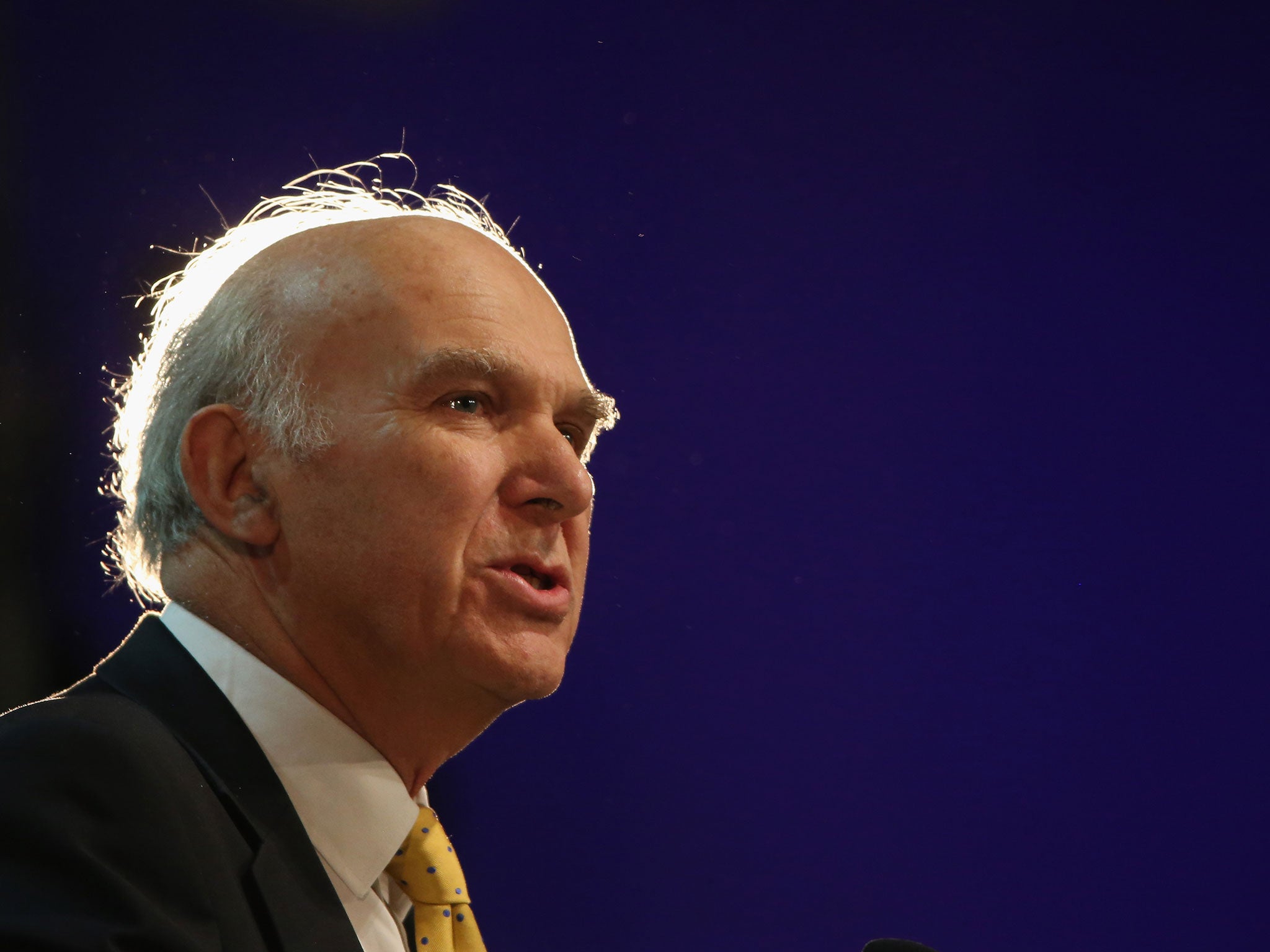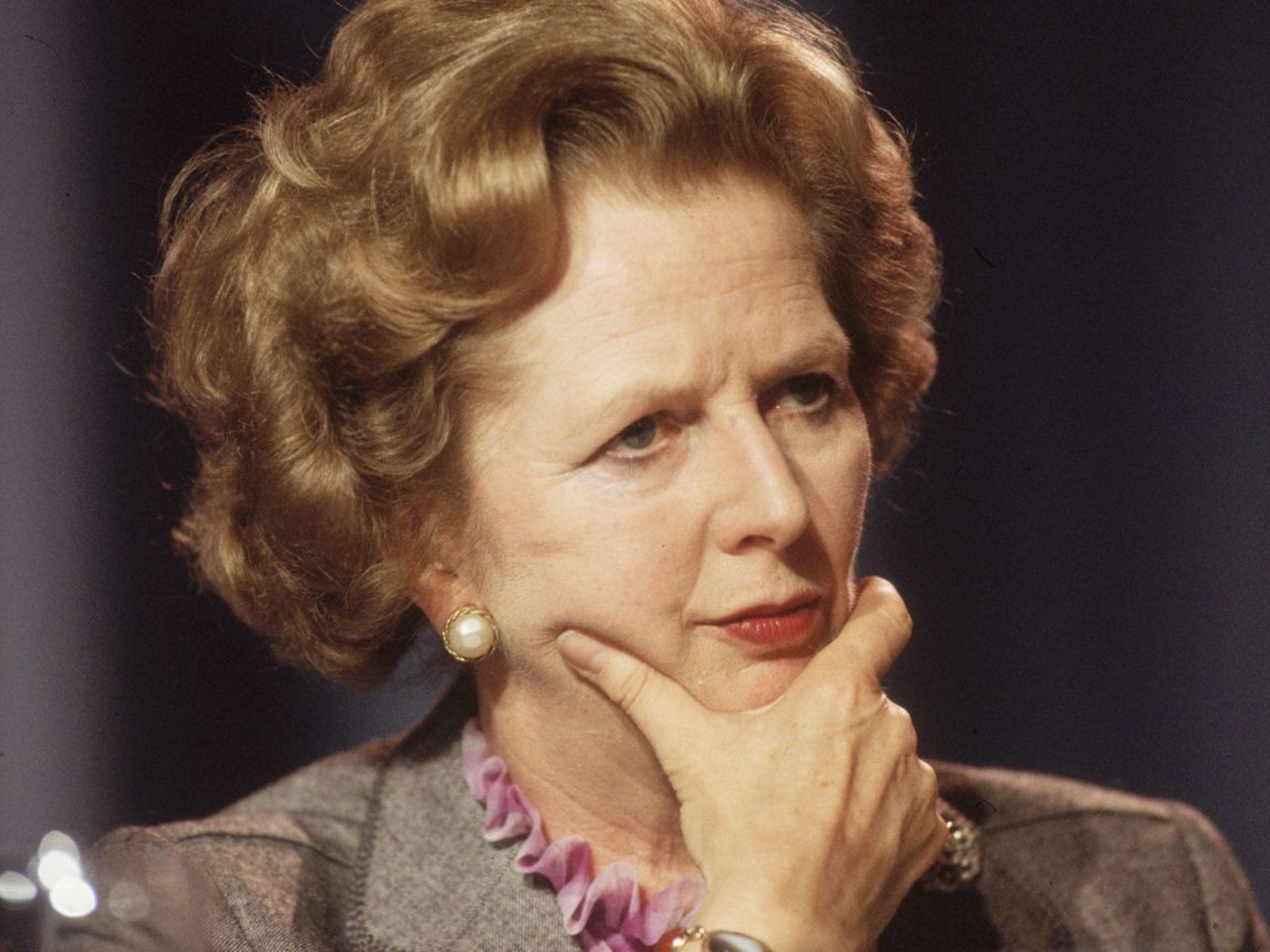Vince Cable draws up plans to let unions vote to strike by online ballots
The move could spell the end of the union postal ballot, one of several measures brought in by Margaret Thatcher’s Government to curb union power

Your support helps us to tell the story
From reproductive rights to climate change to Big Tech, The Independent is on the ground when the story is developing. Whether it's investigating the financials of Elon Musk's pro-Trump PAC or producing our latest documentary, 'The A Word', which shines a light on the American women fighting for reproductive rights, we know how important it is to parse out the facts from the messaging.
At such a critical moment in US history, we need reporters on the ground. Your donation allows us to keep sending journalists to speak to both sides of the story.
The Independent is trusted by Americans across the entire political spectrum. And unlike many other quality news outlets, we choose not to lock Americans out of our reporting and analysis with paywalls. We believe quality journalism should be available to everyone, paid for by those who can afford it.
Your support makes all the difference.Trade unions would be able to hold online ballots before strikes and to elect their leaders under plans drawn up by Vince Cable, the Business Secretary. The Liberal Democrat cabinet minister, who is responsible for union laws, has repeatedly blocked Conservative proposals to prevent strikes after low turnouts in postal ballots. The Tory manifesto at the May election is expected to include a pledge to ban strikes if unions fail to win the support of 40 per cent of their members.
Mr Cable believes “e-balloting” is the best way to boost turnout in union votes. His department will set up an expert task force, including unions and balloting companies. It will not report until after the election but its proposals could be taken up by the next government.
The move could spell the end of the union postal ballot, one of several measures brought in by Margaret Thatcher’s Government to curb union power. The change would require legislation.

Mr Cable said: “We currently enjoy some of the best industrial relations in a generation, with overall strike days at an all-time low. Unions have been central to our economic recovery by keeping employees flexible, so we could keep Britain working. “
The Business Secretary added: “The Conservatives have an ideological aversion to trade unions and have repeatedly tried – and failed – during this parliament to curtail their mandate, such as trying to impose an arbitrary minimum threshold for vote turnouts. Many elected representatives such as MPs, police commissioners or local councillors are elected with a low turnout.”
He said his proposal would increase the democratic legitimacy of any vote, and the Lib Dems would include e-balloting in their manifesto.
The Lib Dems are trying to forge links with the unions and Mr Cable has won the backing of the Trade Union Congress. Frances O’Grady, the TUC general secretary, said: “It is time to bring union balloting into the 21st century. Like it or not, the postal service is only one way of communicating today, and it is time that union members had a proper choice of how they exercise their vote on important decisions in ways that preserve security and confidentiality, but boost turn-out and participation. It is now common in organisations such as political parties, and this should be a non-controversial move welcomed by anyone that values democracy.”
The Tories say that, of the 102 strike ballots held since 2010, nearly two-thirds failed to attract even half of the workforce. In some cases, strikes have gone ahead after winning the support of only one in 10 workers.
Yesterday the Tories attacked a plan by the Unite union which the party claimed could result in illegal strikes. Len McCluskey, Unite’s general secretary, said its ruling body wanted to remove from its rulebook the phrase “so far as may be lawful”, in response to Tory proposals to make it more difficult to call a strike.
Subscribe to Independent Premium to bookmark this article
Want to bookmark your favourite articles and stories to read or reference later? Start your Independent Premium subscription today.
Join our commenting forum
Join thought-provoking conversations, follow other Independent readers and see their replies
Comments